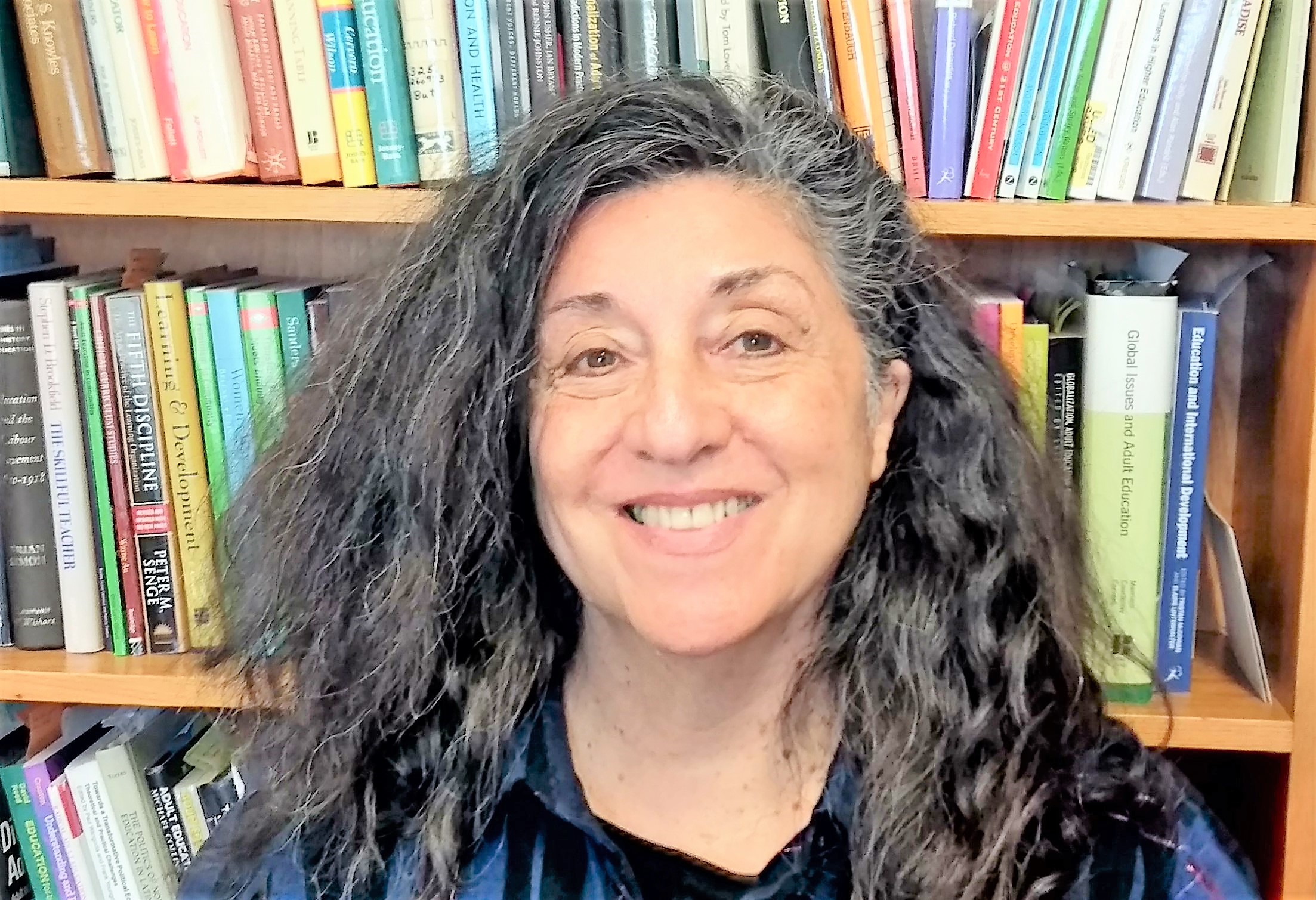
Professional Bio
I am an independent researcher and adult educator based in the United States. I got my undergraduate degree (B.A.) from the University of California in Los Angeles (UCLA). My work experience includes community adult education in the Latino community of Chicago, and higher education teaching in several colleges and universities in the U.S. I obtained a Doctorate in Adult and Continuing Education (Ed.D.) from Northern Illinois University (NIU) where I also hold masters degrees in Adult Ed and in Foreign Languages. Originally from Chile, my research centers on the history of the working class in Chile and L.A. Two recent publications are The Educational Philosophy of Luis Emilio Recabarren: Pioneering Working-Class Education in Latin America (Routledge, 2021), and a collaborative article, "Narrating the Immigrant Experience: Three Adult Educators’ Perspectives" (Feb. 2021), in the journal of Adult Learning. At present, I am a Consulting Editor for the Adult Education Quarterly.
Research Interests
Labor History, Immigration and Immigrant Narratives, Latin American History, Chicano History, Hispanic Literature, American and English LiteratureRelated Materials
This article draws together the diversity of practices and experiences presented in the previous articles. We identify the challenges and opportunities facing adult educators in Latin America and the Caribbean in a context of growing social movements and discuss the potential relevance of these practices and experiences for US adult educators.
This article presents the results of a comparative study of learning and education in contemporary student movements in Chile, Egypt, and Puerto Rico, which arose as responses to neoliberal economic grievances. The study uses an andragogical lens to analyse these movements as examples of collective self-directed pedagogical practice by and within social movements. Drawing on Santos’ (2006) sociologies of absence and “emergence”, the study utilizes autoethnographic and secondary data analysis to voice social movement-based learning alternatives. We argue that, despite the different contexts of each movement, they still share many commonalities in organizing and educating in response to global neoliberalism.
Rueda, M. A. (2020). The educational philosophy of Luis Emilio Recabarren: Pioneering working-class education in Latin America. Routledge.
This text offers a unique philosophical and historical inquiry into the educational vision of Luis Emilio Recabarren, and his pivotal role in securing independent education for Chile’s working classes in the early 20th century.
Through close analysis of the textual archives and press writings, The Educational Philosophy of Luis Emilio Recabarren offers comprehensive insight into Recabarren’s belief in education as essential to the empowerment, emancipation, and political independence of the working class, and emphasises the importance he placed on the education of workers through experiential learning in their organizations and press. By situating his work amongst broader political and educational movements occurring in Latin America in an era of imperialism, the text also demonstrates the progressive nature of Recabarren’s work and maps the development of his philosophy amid Socialist, Marxist, and Communist movements.
Making an important contribution to our understanding of the aims and value of adult education in light of neoliberalism today, this text will be of interest to scholars, researchers, activists, and post-graduate students with an interest in education, social movements, and Latin America. The text also addresses key issues raised in studies of Recabarren and the history of education in Chile.
In this collaborative autoethnography, three immigrant adult education scholars examine diverse ways in which their experiences with racialization as immigrants in the United States have informed their scholarship and practice. The three authors originate from different parts of the world and use different theoretical frameworks—critical literary studies; critical theory; and postcolonial and Critical Race Theory, respectively—to complicate the immigrant Self and story. They argue that the use of autoethnography in adult education has the potential to illuminate issues of class, race, gender, and nationality to disrupt the typical immigrant narrative and allow for the advent of new immigrant stories and Subjects. Each narrative is unique; however, they do share the following commonalities: Critique of the postcolonial condition and the colonization of the Subject and culture; complicating the Black–White binary paradigm of race; centering anti-racist praxis; and suggestions for decolonizing the Self and adult education. The authors engage in this anti-racist work in solidarity with the Black Lives Matter movement, in an effort to dismantle systemic inequities and give voice to the subaltern. Patterns arising from their examination of these issues reveal new questions adult educators could consider as we teach, learn with, and from immigrant adult learners, whose cultural-historical contexts remain multi-layered and complex, rather than linear.
This chapter compares Antonio Gramsci and Luis Emilio Recabarren as educators of their respective working classes, with the understanding that they viewed the education of the working class for power as the means to achieve a socialist society. The chapter examines their views on the pedagogical roles of the working-class organizations in the self-education of workers towards their role in bringing about and leading a new society. The purpose of this study is not to show mutual influence but, rather, to highlight the outstanding similarities in Gramsci’s and Recabarren’s views during the period covered. The chapter draws on Recabarren’s original writings that appeared in the Chilean working-class press between 1903 and 1924 and Gramsci’s pre-prison writings, from 1914 to 1926.